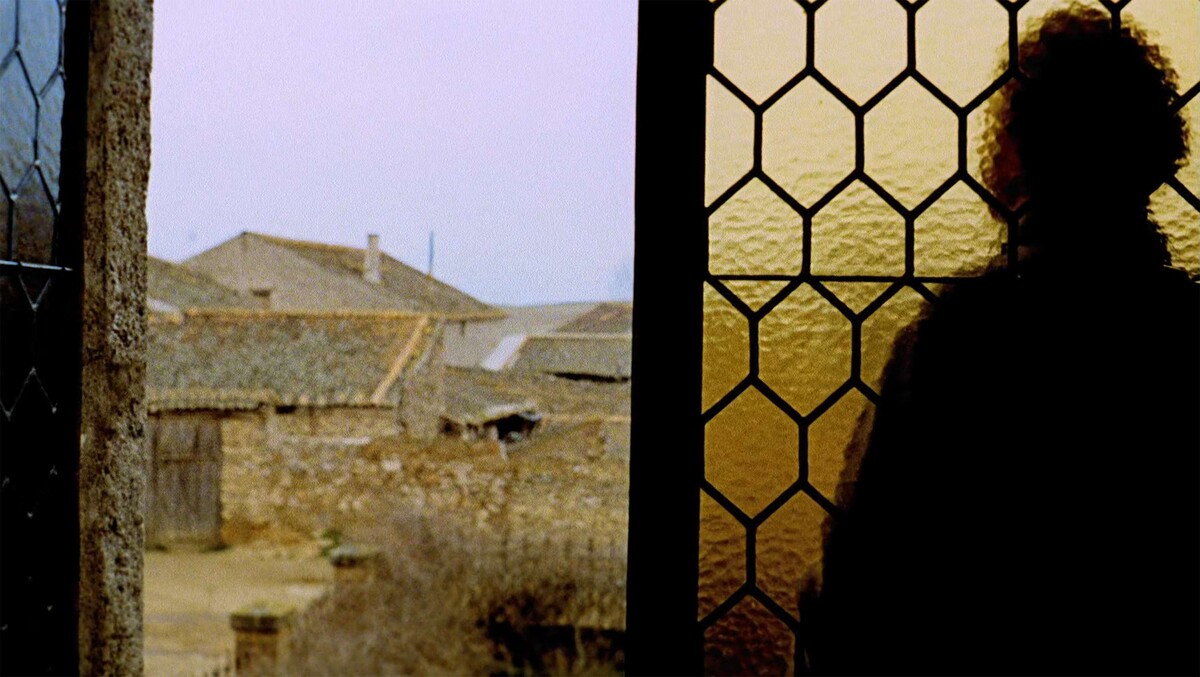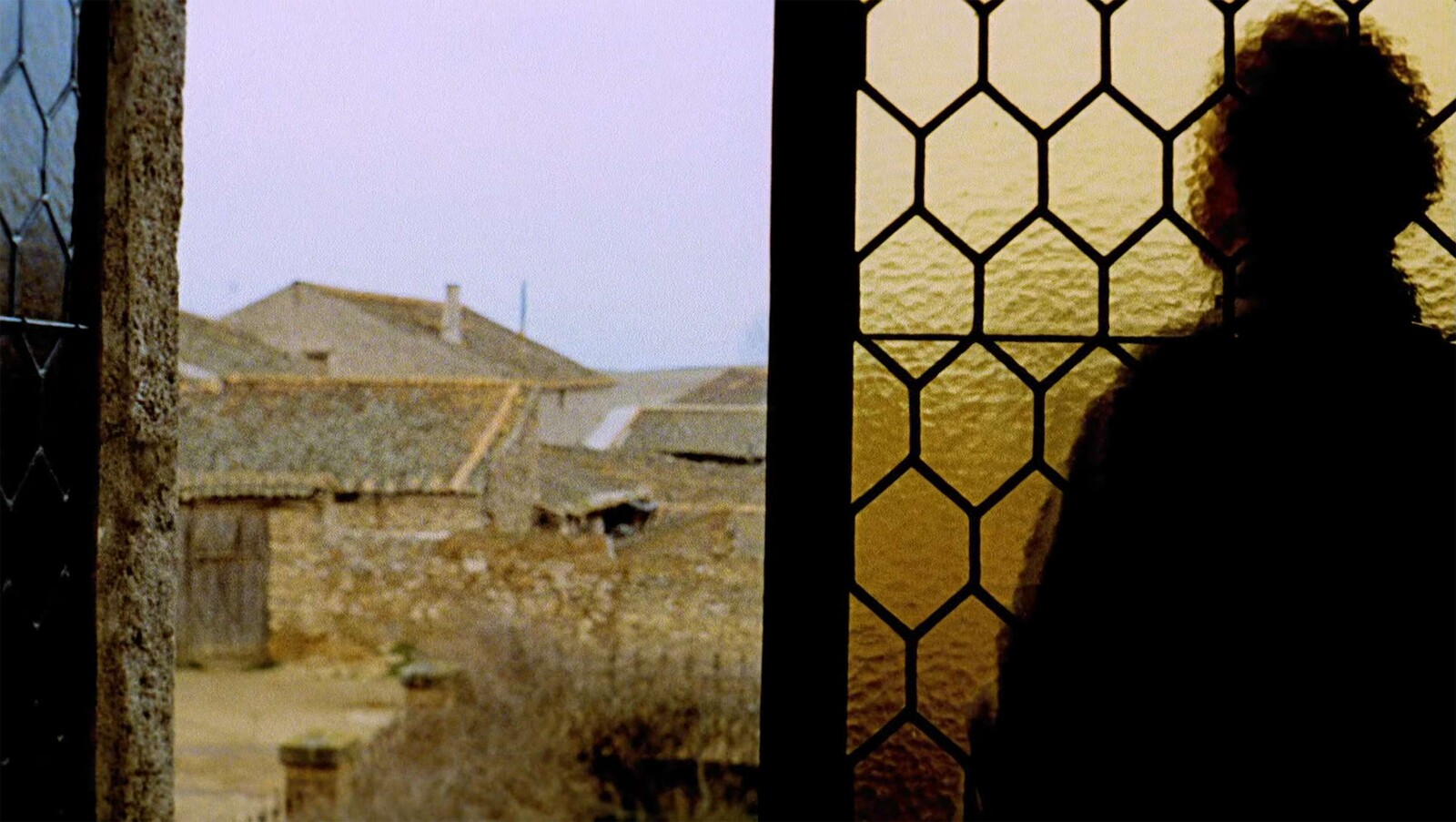At the end of September, e-flux Criticism hosted a talk with writer Jörg Heiser entitled “Crisis, what Crisis?! On the Uncertain Future of Art Criticism.” Drawing attention to the shared root of crisis and criticism—on which we have recently had too many reasons to reflect—Heiser began with the question of how we might readjust our frameworks of judgement to reflect the increasingly parlous state of the world.1
There have in the intervening time been further reminders that “for art critics to make these readjustments, they need to exist in the first place.” Criticism in the widest sense is threatened by factors ranging from the triumph of neoliberal economic and populist political thinking to a culture of partisanship that makes impossible the expression of almost any opinion that is not perfectly consistent with an established position. To resist that process requires what Heiser called “some extremely non-sexy sounding stuff” that might be boiled down to the reinforcement of existing—and foundation of new—institutions capable of protecting increasingly vulnerable writers from the above pressures and encouraging open debate.
The most basic principle on which debate rests is not that any opinion expressed must be right (what kind of “debate” would that be?). Any art critic who has worked for any period of time—and who has done more than simply repeat the received wisdoms—will have been proven wrong more times than they care to recall. To note that criticism emerges from crisis is to recognize that it proceeds through a series of fraught decisions about how to respond to changing forms and historical contexts. There are no maps, no end goal, and no guarantee of rightness: only forking paths to be navigated through the honest exercise of one’s aesthetic, ethical, and political commitments.
A system by which only those judged to be right are rewarded—by online approval, career advancement, or imagined posterity—is paralyzing of this process. We visit museums and read books to have our minds changed rather than our prejudices reinforced: to presume that the most inflexible critic is the most trustworthy is to mistake dogmatism for critical thinking. All of which is to say that the most basic principle of criticism is that positions expressed in good faith should be engaged with in a similar spirit. Any opinion thus expressed should be debated, contradicted, even disproved, but not silenced or dismissed. Writers or artists should not be pressured to retract such statements, as they have recently.
The triumph of bad faith is the death of criticism. It is easy to think that there will always be places in which critical thought will be expressed and heard, whatever its ostensible subject. But there is no good reason to believe this and plenty of historical examples to the contrary. Boris Groys once wrote that the best thing about art criticism is that—notwithstanding the field’s monumental self-regard—most of the texts don’t get read, the upshot being that “one can, in principle, write whatever one wants.”2 When artists and writers are prevented from writing what they think, then the society of which art criticism is a small but symptomatic part is in big trouble.
For more on the shared root of crisis and criticism, see: https://www.e-flux.com/criticism/338625/in-plain-sight.
Boris Groys, Art Power (Cambridge: MIT Press, 2008), 116.


